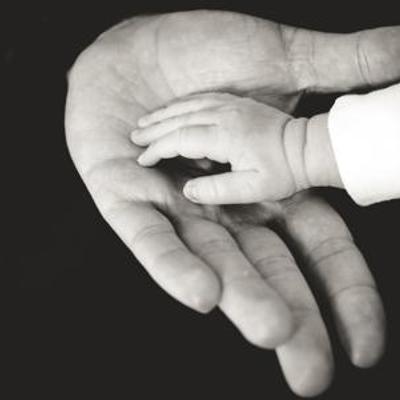
Parshas Devarim - The Antidote to Tisha B'Av
Every year we read Parshas Devarim before Tisha B'Av. As we review Moshe's recounting of the story of the ten spies, we remember exactly why Tisha B'Av became a day of mourning. The first Tisha B’Av was the night after the spies returned from Eretz Yisrael with their terrifying report. Instead of following Kalev and Yehoshua who expressed faith in Hashem's miracles, the Jewish people abandoned hope of conquering Israel and cried all night. “You cried for nothing”, said Hashem, “Therefore, this will give you what to cry about for generations.” That’s Tisha B’Av.
What exactly was the failing that Moshe highlights in Parshas Devarim? What is the essence of our tragic mistake?
וּבַדָּבָ֖ר הַזֶּ֑ה אֵֽינְכֶם֙ מַאֲמִינִ֔ם בַּיהוָ֖ה אֱלֹהֵיכֶֽם׃ "...You have no faith in Hashem, your God."
The root of Tisha B’Av is that Bnai Yisrael abandoned their faith. Moshe detailed exactly why we should have had complete faith. Up to that point, Hashem had treated us like a father carrying his son, כַּאֲשֶׁ֥ר יִשָׂא־אִ֖ישׁ אֶת־בְּנ֑וֹ, He was always attentive, always responsive, always caring for us, and yet we had no faith in Him. Although Bnai Yisrael had witnessed countless miracles and knew with certainty that Hashem was taking care of them, they didn’t fully feel it deep in their inner beings. Their faith was lacking.
Moshe bemoans that we didn't have the emunah a child has in his parent in our relationship with Hashem. Faith, Emunah, is inextricably bound up with caring for a child. Even the term for an infant’s caregiver is an “Omein”. One of the first things an infant learns is to trust his or her mother. A baby cries because it trusts its mother will come soothe it. The faith a baby has in its mother isn’t cerebral or logical. It isn’t something the baby needs to be taught. A baby intuitively knows that its mother is caring for it and that trust is what allows the baby to relax and grow. The trust we are supposed to have in Hashem is the instinctive trust of an infant whose parent has consistently been there caring for him. Not just faith in our minds, but instinctive, intuitive faith in our hearts. And on the night of Tisha B'Av we failed to feel faith.
A child’s early experiences trusting its parents is what paves the way for a trusting relationship with Hashem later on. There are stages of maturation in a person’s life, and from the age of birth to 1 ½ years, a baby learns to either trust or mistrust, not just its parents, but its world, and the Ruler of the world, Hashem, too. A person's faith in Hashem is directly tied to early childhood faith in parents. That's why it's so appropriate that in the week of Parshas Devarim, we begin the month of Av whose name means, “Father”. Av is our time to reconnect to Hashem with the faith a child. It's a time for us to develop our instinctive, deep, gut-level faith.
It's also a time for us to recognize the tremendous significance of what mothers, give to our children. Sometimes we may wonder what we’re accomplishing each day. When we spend our days feeding, changing, and answering our children, it can feel like we’re running on a hamster-wheel, never accomplishing our grand parenting goals. But that’s inaccurate. Just by being there with our children, tending to them, caring for them, and being responsive to them, we give them faith. The very fact that they can rely on us to feed them and answer their questions every single day, gives them the faith they will need throughout their lives. The trust they develop in us directly impacts their ability to have healthy relationships with other people and with Hashem. There isn't one magical moment when we teach a child faith. It comes from millions of small moments when a child calls "Mommy" and we are there to answer. A mother's relationship with her children contains the essence of the antidote to the mourning of Tisha B'Av. Building faith will rebuild our world.
Photo by Liane Metzler on Unsplash
0 comments